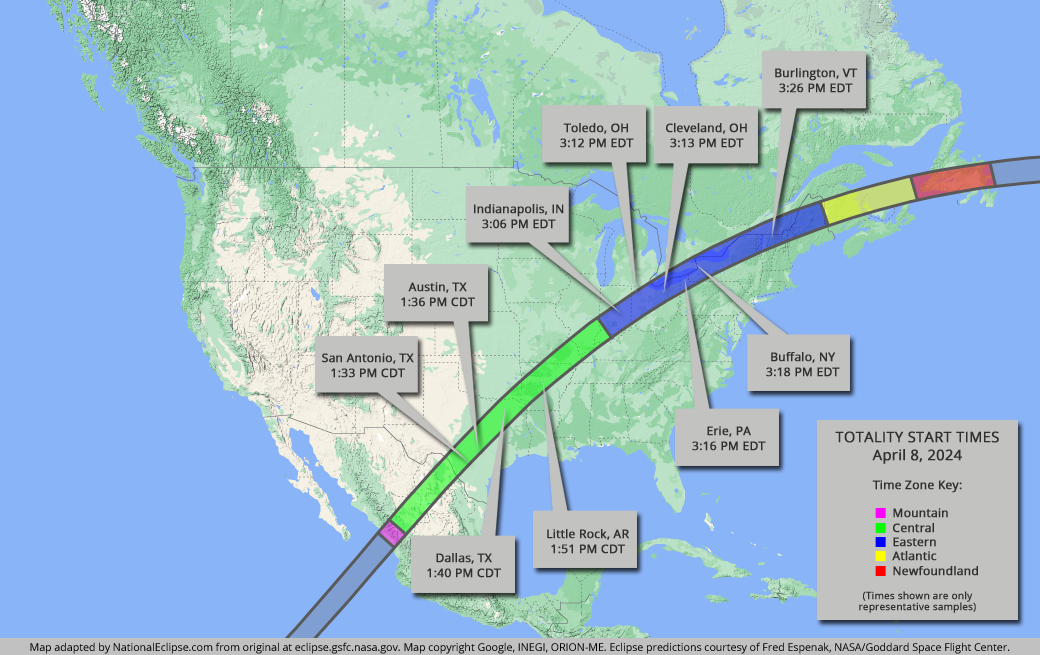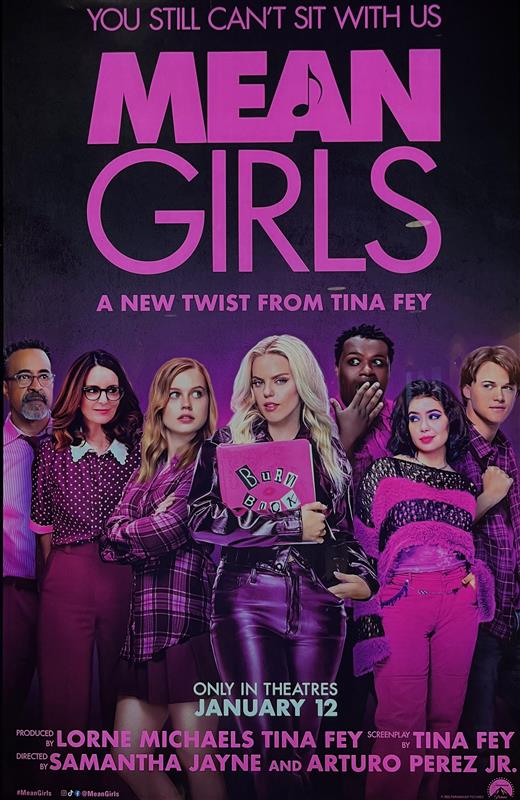Now that voting day is over, I can safely bring up an issue that has been irking me since this entire election began. Respecting a person’s decision not to vote is just as important as respecting a person’s decision for whom they voted.
First off, it is not a “civil duty” to vote, especially if you dislike both of the candidates running for president. Someone who pays their taxes, goes to work everyday instead of feeding off of the country’s welfare, and keeps track of the political state of their country is not a “bad citizen” for not voting. If you dislike how Obama increased the national debt by $5 trillion and you also dislike Romney’s entire view on the economy and taxes, then you have every right not to vote. To say that someone has no right to an opinion is just ironic; that is more un-American than not voting.
A major reason that citizens choose not to vote is because of the Electoral College. This voting system was setup as a balance between registered voters and Congressional votes. When you place your vote, what you’re really voting for are your state’s electors which will then determine the state’s overall vote. Although the popular vote, which counts each vote as a single vote, may be a couple thousand more for one candidate over another, the winner is still determined by who reaches the electoral vote of 270 first.
The electoral vote and the popular vote bring up two very big flaws in our voting system. All of the U.S. elections have consisted of two “main” candidates; the other 1% candidate pool is so poorly represented in elections that most people don’t even consider them an option. So let’s say you and 48% of your state vote for candidate A; however, the other 52% voted for candidate B. Your vote is counted in the country’s popular vote for candidate A. But because the majority of your state voted for candidate B, the electoral vote goes to them and therefore your entire state is won by candidate B. So, technically, you might as well have voted for candidate B because the electoral vote carries more weight than the popular vote.
Another huge flaw, and probably the less noticed but more unfair one, is that the president will be decided before all US citizens’ votes are even counted. Once a candidate hits 270 electoral votes, they are officially the president of the United States, and the popular vote can come in as late as the next day.
It’s controversial that whoever you rooted for has to rely on a state, and more specifically eleven-swing states, instead of how many single votes were counted towards your candidate.
In the history of our nation’s elections, four presidents won the popular vote but lost the election. Al Gore, the most recent of these four presidents won the popular vote by 543,895, and one can only imagine how different our nation would be had he won that election. And maybe it would have been different for the better.
People will argue that your vote does count because in the end it will decide whether or not your state votes for your candidate. However, if you live in Rhode Island, the vote of someone living in Ohio will have a greater impact on the overall election. Which brings up the question of whether or not your one single vote actually counts.
So whether you’re voting for the Democrats, the Republicans, or the Green Party, it is important that you consider different perspectives before judging those who choose not to vote. Who you choose to vote for or if you even choose to vote does not determine whether or not you’re a good citizen because the best citizen is an informed citizen.




































